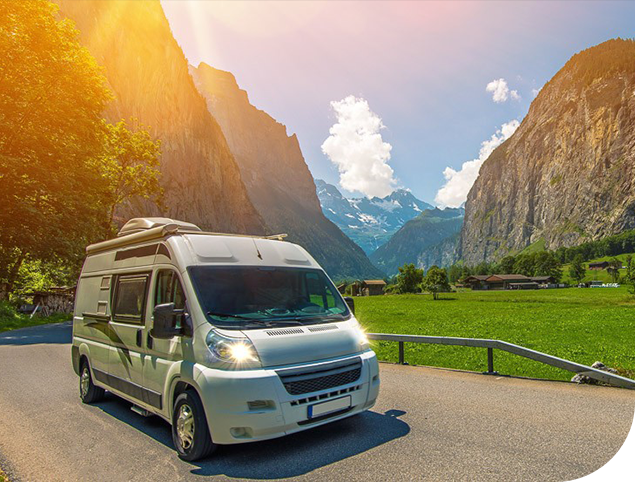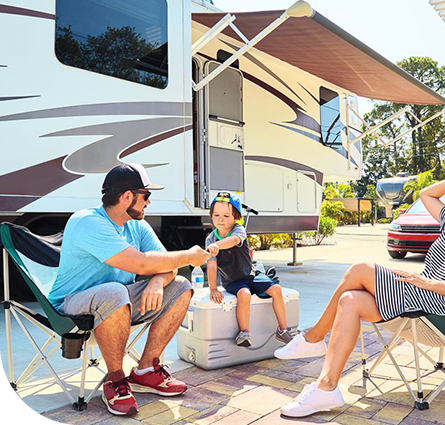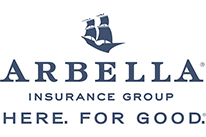A recreational vehicle, like a motorhome, travel trailer, or camper, provides a lot of freedom of movement and is a great way to see the country. Some people even make it their permanent home. Whether you are going on a weekend getaway or planning a longer trip, make sure you and your vehicle are protected by appropriate insurance.

Recreational vehicles (RV-s) include motorhomes, campers, and travel trailers. RV-s come in many shapes and sizes. Motorhomes are typically divided into three classes based on their size:
The class of your vehicle can help the insurance company decide how much coverage and which policy you are going to need.

Normally, whether insurance is required by state law depends on whether the vehicle is motorized. If a state requires car insurance, that requirement also extends to motorhomes, campers, and vans that you can drive on the road. State laws may vary, but it is usually expected that you get at least minimum liability coverage to cover any damage or injuries you might cause to other people. Failure to provide liability coverage can lead to fines, a revoked license, and even jail time. Even if coverage is not required, it comes with many benefits and gives you a sense of security.
An RV that is towed rather than driven, i.e., a trailer you need to hook up to a car or truck to move it, can be added to your car insurance. That way the liability coverage from your car insurance will also extend to any damage the attached RV might cause. However, other coverages from the car policy might not apply to the trailer, so you might still need additional RV insurance to protect it more fully. Considering that an RV is usually a hybrid between a car and a home, it is clear why it needs different insurance than car or homeowners’ insurance.
What kind of insurance you specifically need depends on the type of your vehicle and how often you use it. For example, a weekend camper would need different RV insurance than someone who travels across the state year-round. If you plan to take out a loan to purchase an RV or want to rent it, you may be asked to get collision and comprehensive coverage.
As with most insurance policies on the market, some coverages are included in the basic policy while others are optional. However, it varies between insurance companies which ones specifically are already included in the policy, and which ones are considered extras. Typically, the basic RV insurance includes:
These ones are also either already included in the standard package or commonly added to it:
In addition to the standard insurance policies, there are several optional ones to consider. These include:
When purchasing RV insurance, insurance agents consider many factors to calculate your premiums. Keep these tips in mind to find the most competitive deal on the market:
To learn more and ensure your condo with the best policy on the market, you can email our experts at Econosurance who would be glad to help you out.
There is a lot to consider when picking out RV insurance. If you want to talk to an expert, you can email us. You can also request a free quote from our website.




